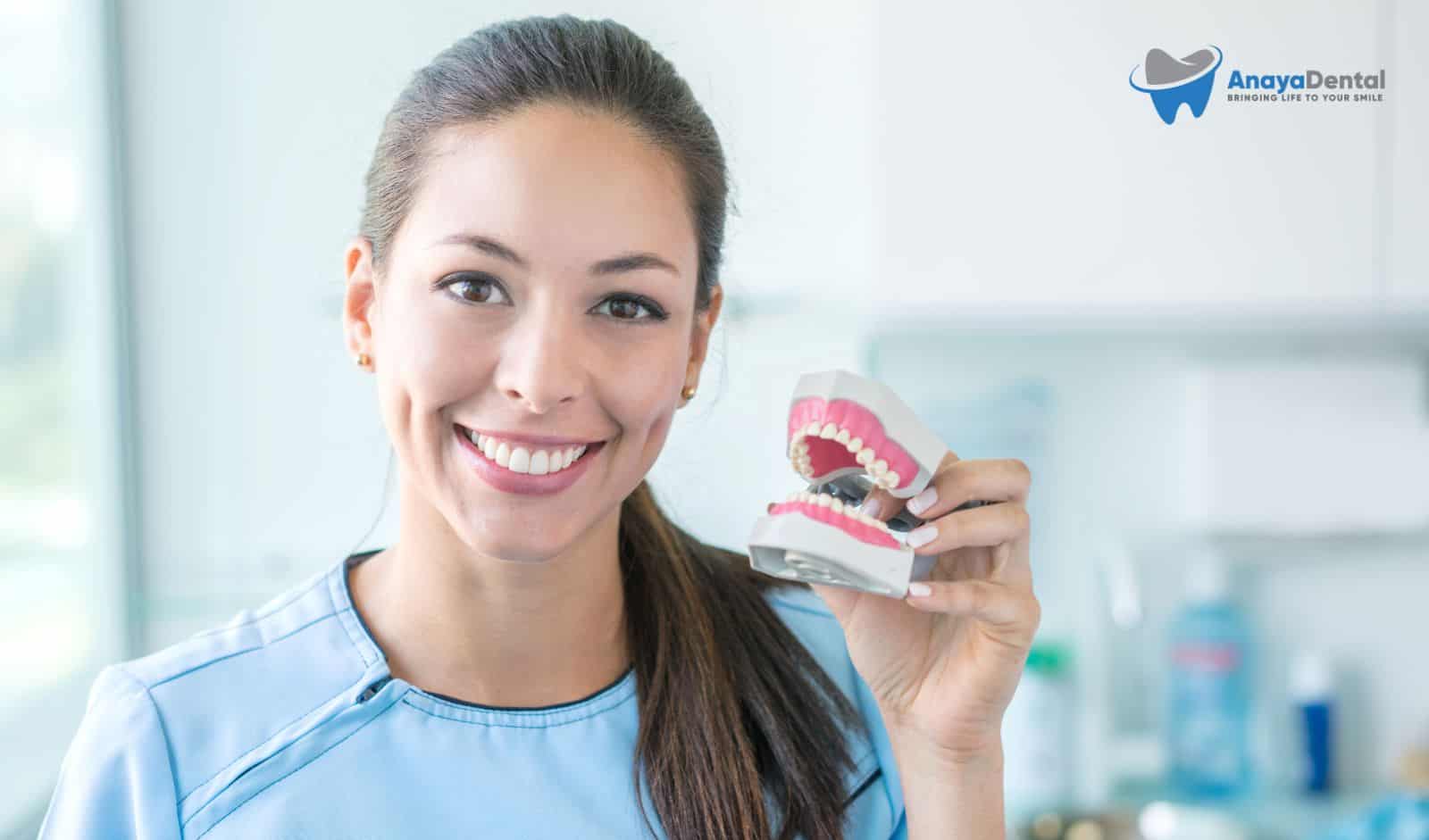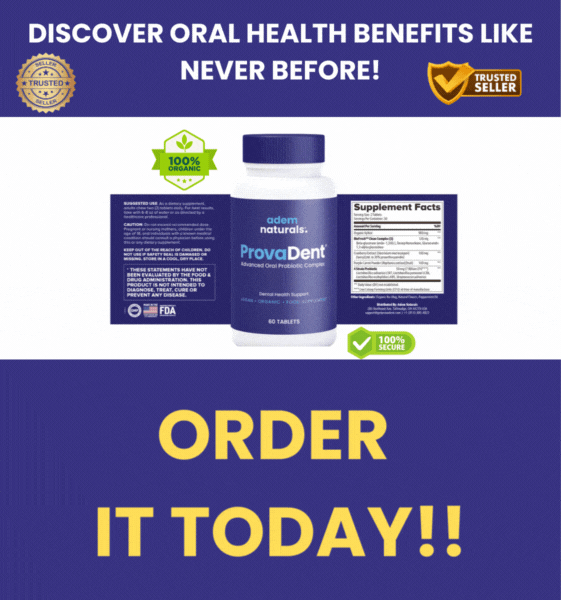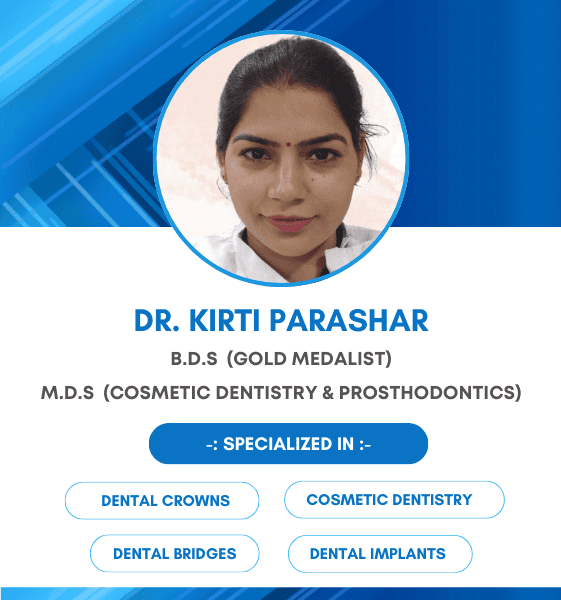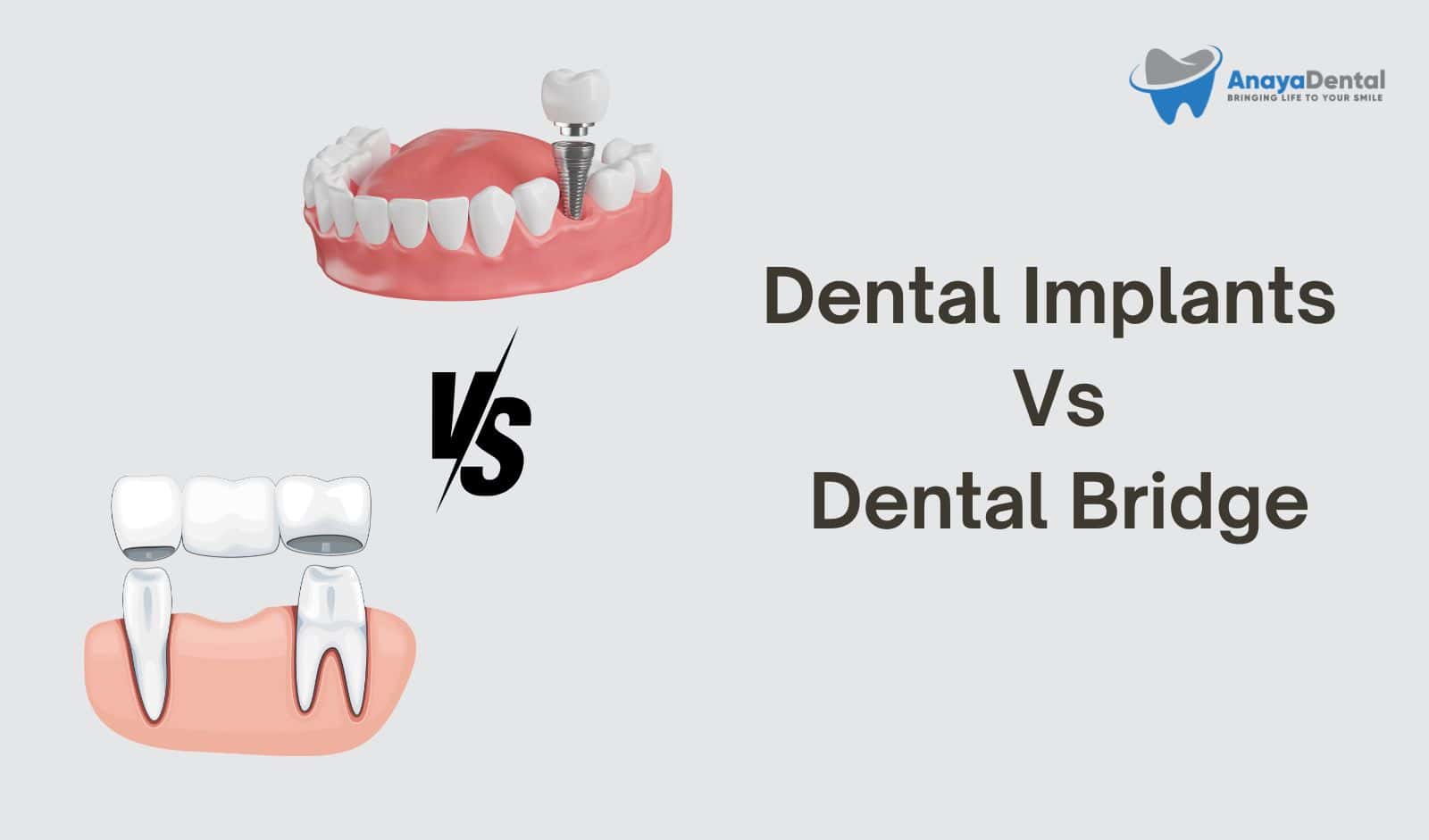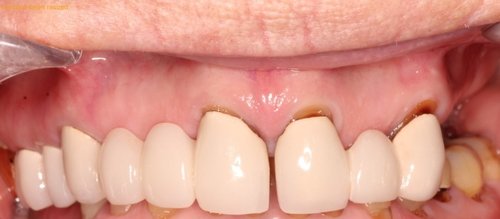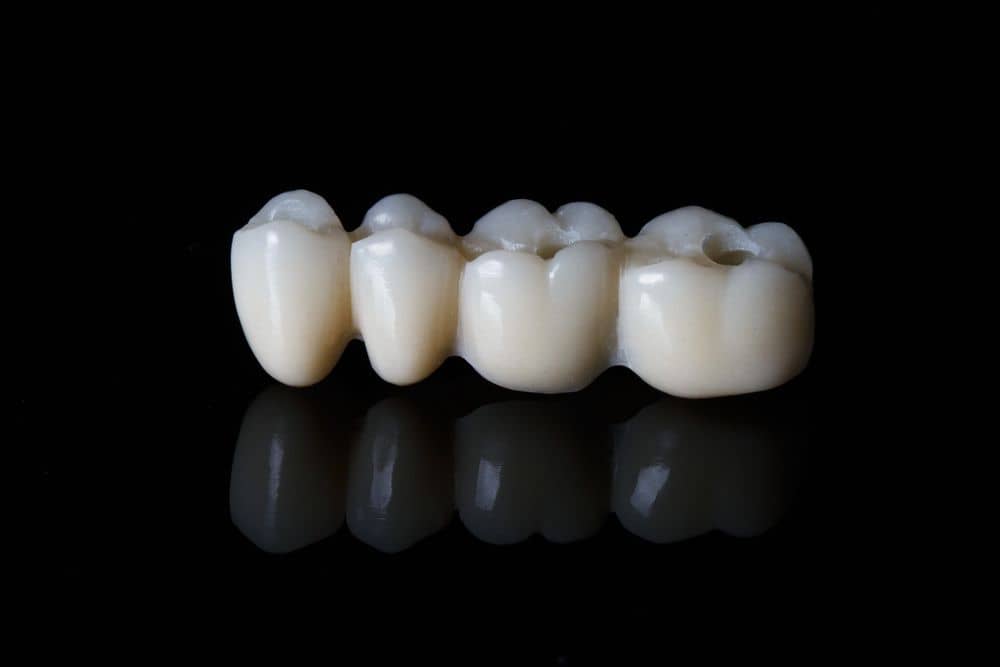Dentures have provided individuals with missing teeth a way to regain essential functions like chewing and speaking, significantly improving quality of life. However, traditional dentures can sometimes cause discomfort, irritation, or an improper fit, especially after long-term use. As a solution, soft liners for dentures have emerged as a popular option to enhance comfort and functionality for denture wearers.
Soft liners act as a cushion between the hard acrylic denture base and the sensitive gum tissues, reducing pressure and improving the fit. This article provides an in-depth exploration of soft liners, including their characteristics, benefits, types, and considerations for care and cost. By the end of this guide, you’ll have a comprehensive understanding of how soft liners can improve the denture-wearing experience.
What Are Soft Liners for Dentures?
Soft liners are pliable, medical-grade materials placed on the inner surface of dentures to rest against the gums. They are made primarily from silicone or hydrogel, providing a soft, cushioning effect. Unlike hard acrylic dentures, soft liners conform to the natural contours of the gums, offering a more comfortable fit for people with sensitive gums or bone resorption.
Try Our Dental Calculators
- Silicone liners: Durable and stain-resistant, these liners offer long-lasting comfort.
- Hydrogel liners: Softer and more cushioning, ideal for individuals with extreme gum sensitivity.
Soft liners can be applied to both new dentures and older ones when relined. They provide a flexible barrier that reduces pressure on the gums, making it easier to wear dentures for extended periods without discomfort.
How Soft Liners Work
Soft liners work by distributing the force from chewing more evenly across the gums, reducing localized pressure points that can lead to sores or irritation. The soft, flexible material absorbs some of the impact during chewing, providing relief for people with sharp bony ridges or sensitive tissues.
The application process for soft liners can be done in one or two appointments, depending on the material used. If a chairside liner is applied, it is done in a single visit, while more complex materials may require impressions and fabrication in a dental laboratory.
Key Benefits:
- Cushioning Effect: Soft liners provide a soft barrier, reducing irritation and soreness caused by the rigid acrylic base.
- Better Fit: By conforming to the gum contours, they create a snug fit, improving stability and comfort.
- Pressure Distribution: Soft liners spread the chewing forces evenly, reducing localized pressure on the gums.
Characteristics of Soft Liners for Dentures
Soft liners are specifically designed to alleviate discomfort and offer a more comfortable denture experience. However, certain characteristics of soft liners make them unique:
- Thickness: A minimum thickness is required for proper functioning. This often means the denture base must be ground out to make room for the liner.
- Porosity: Soft liners are slightly porous, making them susceptible to attracting microorganisms. This characteristic necessitates a more stringent cleaning routine.
- Durability: Though soft liners offer comfort, they tend to deteriorate faster than hard liners and must be replaced every few years.
Table 1: Key Characteristics of Soft Liners
| Feature | Description |
|---|---|
| Thickness | Requires sufficient space within the denture for proper application. |
| Porosity | Slightly porous, making regular cleaning essential to prevent bacterial growth. |
| Durability | Lasts 1-2 years before needing replacement. |
Pros and Cons of Soft Liners
While soft liners provide several advantages in terms of comfort and fit, they also come with some drawbacks. Understanding these pros and cons is essential for making an informed decision.
Advantages:
- Enhanced Comfort: The cushioning effect of soft liners provides a more comfortable experience, particularly for individuals with sensitive gums.
- Improved Denture Stability: Soft liners help dentures stay in place better, reducing the risk of slipping or shifting while speaking or eating.
- Better Chewing Ability: With a more secure fit, soft liners can improve chewing efficiency, making it easier to enjoy a wider variety of foods.
Disadvantages:
- Higher Cost: Soft liners are more expensive than traditional hard liners due to the specialized materials used.
- Frequent Replacement: They deteriorate more quickly and typically need to be replaced every 1-2 years.
- More Difficult Adjustments: Soft liners are harder for dentists to adjust, as grinding them down is more challenging than with hard liners.
Table 2: Pros and Cons of Soft Liners
| Pros | Cons |
|---|---|
| More comfortable | Higher cost |
| Improved denture stability | Deteriorate quickly (1-2 years) |
| Better chewing ability | Harder to adjust |
| Less likely to cause sore spots | Requires more meticulous cleaning |
Who Can Benefit from Soft Liners?
Soft liners are not suitable for everyone but can significantly improve the denture-wearing experience for many individuals. Here are some groups of people who benefit the most from soft liners:
- Individuals with sensitive gums: Soft liners reduce irritation and sore spots caused by traditional hard liners.
- People with sharp bony ridges: The cushioning effect helps alleviate discomfort from pressure on these bony areas.
- Denture wearers experiencing bone resorption: As the jawbone shrinks, dentures can become loose, and soft liners help create a more secure fit.
- Patients with dry mouth (xerostomia): Soft liners, especially those made from hydrogel, help retain moisture, preventing discomfort caused by dryness.
Types of Soft Liners for Dentures
There are different types of soft liners available, depending on the material used and the method of application. Here’s an overview of the two main types:
1. Chairside Liners
- Application: Applied by the dentist during a single appointment.
- Fit: Custom-fitted for maximum comfort and stability.
- Durability: Typically more durable and long-lasting.
- Cost: More expensive due to professional application.
2. Home Application Liners
- Application: Available over-the-counter for self-application.
- Fit: May require adjustments to achieve a comfortable fit.
- Durability: Shorter lifespan, requiring more frequent replacements.
- Cost: More affordable but less durable.
Table 3: Comparison of Chairside vs. Home Application Liners
| Feature | Chairside Liners | Home Application Liners |
|---|---|---|
| Application | Applied by dentist | Self-applied |
| Fit | Custom-fitted | May require adjustments |
| Durability | Long-lasting | Requires more frequent replacements |
| Cost | More expensive | More affordable |
Temporary vs. Permanent Soft Liners
When considering soft liners, it’s important to differentiate between temporary and permanent options. Both have their uses, but understanding their specific benefits can help you choose the right one.
Temporary Soft Liners:
- Material: Typically silicone or hydrogel.
- Durability: Last for several months to a year.
- Application: Applied by the dentist in an office setting.
- Cost: Less expensive than permanent liners.
Permanent Soft Liners:
- Material: More durable materials such as heat-processed silicone.
- Durability: Designed to last several years.
- Application: May require multiple appointments for proper fitting.
- Cost: More expensive due to longer lifespan.
Table 4: Temporary vs. Permanent Soft Liners
| Feature | Temporary Soft Liners | Permanent Soft Liners |
|---|---|---|
| Material | Silicone or hydrogel | Silicone (heat-processed) |
| Durability | 6 months to 1 year | Several years |
| Cost | More affordable | More expensive |
Cost of Soft Liners for Dentures
Soft liners offer comfort and improved fit, but they come at a cost. In the United States, soft liners typically range between $200 to $500 per denture set. Costs can vary depending on factors such as:
- Location: Dental costs differ by geographic region.
- Type of liner: Permanent liners tend to be more expensive than temporary ones.
- Dental practice fees: The expertise and fees of your dentist may also influence the cost.
In countries like India, the cost of soft liners for dentures can range from ₹5,000 to ₹15,000, depending on the type of denture and the clinic.
Caring for Soft Liners
Due to the porous nature of soft liners, proper care is essential to maintain their longevity and prevent bacterial buildup. Follow these tips to keep your soft liners in top condition:
Cleaning Soft Liners:
- Use a soft-bristled brush to gently clean the liner without causing damage.
- Avoid using harsh chemicals or abrasive toothpaste.
- Rinse dentures thoroughly after meals to remove food particles.
Avoid Soaking:
- Do not soak dentures with soft liners for extended periods, as this can weaken the material.
Regular checkups with your dentist are also recommended to monitor the condition of the liner and ensure it is still providing the desired comfort and functionality.
How to clean Soft aligners
Cleaning soft liners for dentures requires special care to ensure their longevity and effectiveness. Here’s a step-by-step guide on how to clean soft liners properly:
1. Rinse After Meals
- After eating, rinse your dentures with cool or lukewarm water to remove food particles.
- Avoid hot water, as it can damage the soft liner material.
2. Use a Soft-Bristled Brush
- Gently brush the denture and the soft liner with a soft-bristled toothbrush.
- Avoid using hard brushes or abrasive materials, as these can scratch or wear down the soft liner.
3. Choose the Right Cleanser
- Use a non-abrasive denture cleanser that is safe for soft liners. Look for cleansers specifically formulated for soft liners, or ask your dentist for recommendations.
- Avoid bleach or harsh chemicals that can damage or discolor the soft liner.
4. Avoid Toothpaste
- Do not use regular toothpaste, as most contain abrasive particles that can wear away the soft liner.
5. Soak Selectively
- If soaking is recommended, use a denture-soaking solution designed for soft liners. Some soft liners can be damaged by prolonged soaking, so it’s best to follow your dentist’s instructions.
- Avoid overnight soaking in water, as this can degrade the liner’s material.
6. Dry Carefully
- After cleaning, gently pat the denture dry with a clean cloth or towel.
- Do not leave the denture to dry out completely, as this can cause the liner to crack or harden over time.
7. Store Properly
- When not in use, store your dentures in a denture case with a small amount of water to maintain moisture. This will help prevent the liner from drying out.
8. Regular Dental Check-Ups
- Visit your dentist regularly for professional cleaning and checkups. They can examine the condition of the soft liner and advise if any adjustments or replacements are needed.
Conclusion
Soft liners for dentures offer a revolutionary solution for those struggling with discomfort, irritation, or loose-fitting dentures. Whether you’re a long-time denture wearer or new to the experience, soft liners can dramatically enhance your comfort, confidence, and quality
of life. With custom-fitted liners, you can chew, speak, and smile more easily, enjoying all the benefits that dentures provide without the common downsides.
If you’re experiencing discomfort with your current dentures, it may be time to discuss soft liners with your dentist. They can guide you through the available options, helping you find the perfect solution for your needs.
